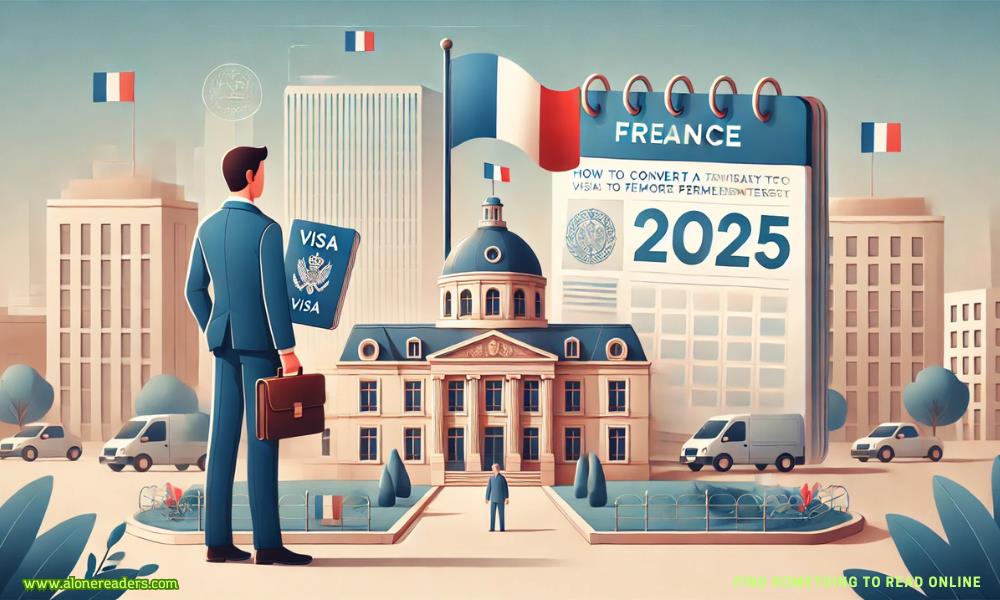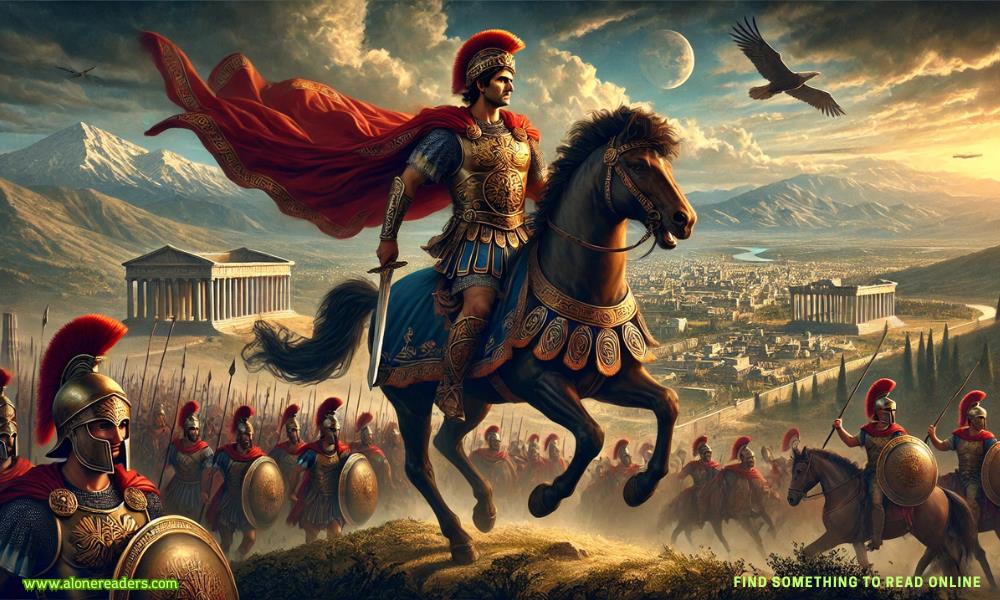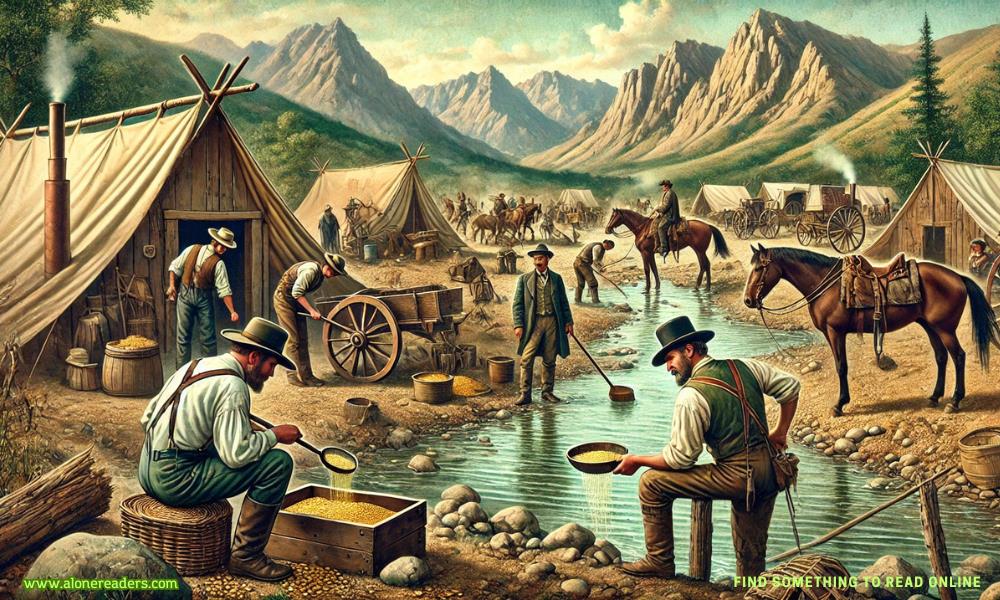Page 3 of Even in the Dark
“So, he’s shy, then?”
“I wouldn’t say he’s shy. He’s just…” Diane swishes the wine around in her glass as she takes in a long breath, then slowly exhales, like she’s turning the answer over in her head. “He’s… quiet.”
I feel that twinge of guilt again for harboring so much skepticism towards Dylan. But only a twinge. And only for a moment. Because let’s not forget that the moment he finally did catch a break, the first thing he did was sign on for a high-profile modeling gig, exploiting his tragic past in order to cash in and make big bank with a trendy clothing company. Savvy? Maybe. But also, opportunistic. Likely self-absorbed. Combine those qualities with a past that strongly suggests a high inclination towards instability and violence, and my ambivalence towards Dylan Braun suddenly doesn’t feel all that unwarranted.
Mom sets down her glass, careful to center it on one of the “Lighthouses of New England” coasters scattered across the coffee table. “Has he—”
“Look who I found upstairs!” Phil interrupts, and you can hear the smile in his voice.
Mom and Diane swivel suddenly towards the hallway. Dad and I are already facing the entrance, so we’ve got the best seat in the house to witness the infamous Maytag Kid’s grand entrance. Only it’s less of a grand entrance and more of a subdued swagger. They appear through the wide archway, Dylan a few feet ahead of his father. And he’s… wow. Really hot.
Really…Reallyhot. Even more gorgeous in person than in those stupid, larger-than-life Volt billboard ads. And he was pretty jaw-dropping beautiful in those. Sage green eyes fanned by long lashes that are really too pretty to belong to a guy. Hair that I should totally hate, because it’s basically a hot mess: golden, shoulder-length waves tied haphazardly off his face in a bun with a ratty rolled up bandana, a few wayward strands falling to one side of his face. And lips so full that what should probably be a wicked scowl comes across as a sultry pout. Not unlike the expression he had in those ads, honestly. It’s only his perfectly defined superhero-square jaw that saves him from looking effeminate. That, and the distinctly male cut of his body.
He turns his eyes to me first, and they narrow slightly, but I don’t look away. I’m totally staring. We all are. There’s something about Dylan Braun that makes you want to stare. Also, ironically, something in his gaze that makes it obvious he doesn’t want to be stared at. Seems weird then, that he signed on for a nationwide shirtless ad campaign.
“Well, if it isn’t the man of the hour!” my father’s jovial voice interrupts our silent stare-down.
I finally look away, which is when I realize everyone else is now standing. I slowly get up and join the wide cluster they’ve formed around Philip and his long-lost son.
“Dylan.” Dad extends his hand. “It’s an absolute pleasure to meet you. I’m Craig, your dad’s best friend and general pain-in-the-ass neighbor.”
Dylan doesn’t return my father’s welcoming smile; just dips his chin barely enough to acknowledge his words, with no change at all in his impassive expression. His eyes skim dad’s extended hand. One second turns into two, which turns into three, which is apparently long enough to fill an entire room with awkwardness. Long enough that it looks as if he’s going to just leave my dad hanging. Also long enough for us to wonder ifmaybe the concept of a simple handshake is foreign to him. He was raised by a twisted psychopath, and while I’m no expert, I’m going to go ahead and assume that social etiquette isn’t exactly high on a serial killer’s list of ideal virtues.
But then Dylan does eventually take dad’s hand. Reluctantly. He still doesn’t say anything, though. Just tucks a soft strand of hair behind his ear then slips both hands in his pockets, like maybe that’ll keep the rest of us from submitting him to more handshakes.
It does. Diane lets him off the hook by issuing a sort of group introduction for the rest of us. “Dylan—this is Craig’s wife, Melanie. And their oldest daughter, Scarlett… and I’m assuming you already met Sadie upstairs a few minutes ago.” She places her hand lightly on his shoulder and we all pretend not to notice when he shifts away from her touch. We also pretend not to notice the look of embarrassment that flickers across Diane’s taut features when he does it.
There’s an uncomfortable silence, which is weird because I haven’t seen any of the people in this room in a social situation before that they didn’t totally own.
But after a beat, Dylan nods again. Barely. “Hey,” he mutters, revealing with just one word that he’s got the voice of a heart-throb—deep and slightly serrated, like he just woke up. Also totally cliché, given the pairing with those poster-boy good looks. To be fair, maybe he really did just wake up. Either way, the husky tone is a far cry from the panicked, high-pitched little boy’s voice from that haunting 911 call. My eyes dart instinctively to his neck, and sure enough, there’s a thin white scar. The one he presumably got from the cut he mentioned on that phone call. A physical stamp from the night when the world first became enraptured with the Maytag Kid. Back when he was just a nameless, faceless son of a killer.
Chapter Two
Scarlett
“Well, let’s all have a seat, shall we?” Philip beams. “The grill’s still heating up.” He rests a hand against his son’s arm to guide him towards the sitting area, but the look onhisface when Dylan jerks reflexively away isn’t embarrassment like Diane’s was; it’s unfiltered hurt. Not everyone ignores it this time, though. Dad gives Phil’s shoulder a supportive squeeze as he follows him around the back of one of the couches.
I end up sitting on the couch opposite Dylan, with my mother on my left and Diane on my right. The whole vibe feels weirdly like a middle-school dance: the awkward tension, the stretched-out silence, and the boys lined up on one side, girls on the other.
I stay silent, taking everything in as the adults fire off tentative questions and conversation starters that crash and burn after every wobbly launch.
“So, do you have a favorite subject in school, Dylan?” —this one from my mother. Not exactly original, but I'm assuming it’s because she’s nervous.
Dylan’s eyes meet hers. “Not really,” he says at the same time as Phil says, “Oh, uh, Dylan hasn’t been to school in a while.”
My mother chuckles nervously. “Oh,” she says. “That’s right.”
Her cheeks flush, and Phil attempts to dissipate the awkwardness by clarifying. “Well, except at Clive. He had a few classes most days there.”
I’m pretty sure Clive House is the name of the in-patient mental health institute where they placed Dylan for three months after his arrest.
Phil suddenly winces, as if realizing that bringing up a lockdown psych ward is not exactly the way to make the conversationlessawkward for his son. So he tries to make up for it—again—by adding, “You liked Shop class, didn’t you?” His eyebrows lift hopefully. “Taking apart that engine?”
Dylan swallows, meeting Phil’s hopeful gaze. “Sure.” Barely an answer. Barely even a reaction. So far, he is unwittingly (or maybe not-so unwittingly) making a mockery of all those reporters’ dramatic accounts of the hollering, cussing, supposedly feral teen they hauled in three months ago back in California.
One reporter from a more sensationalist magazine actually described him as “An angelic-looking savage, so out of control and un-civilized he may well remain locked up in a mental health facility well into adulthood.”
The small-talk continues for what feels like an hour, but is probably only fifteen minutes. Until Phill stands up and says, “Well, I should go start the meat on the barbeque.” He glances over at Dylan, eyebrows raised, like he’s checking to make sure his son will be okay for the whole fifteen minutes it takes to grill a platter of burgers.
- The Rancher's Pregnancy Surprise by Marian Tee
- His Virgin Wife by Sam Crescent
- Cougar Chronicles by Helen Hardt
- Secret Baby for the Triplets by Molly Eden
- Sinful in Scrubs by Ava Gray
- The Man of the House by Lena Little
- Fearful Mate by Jade Marshall
- Forbidden Bratva Virgin by Rina Lawson
- Dirty Grovel by Naomi West
- Dirty Damage by Naomi West
- Unholy Cross by Beth D. Carter
- The Rejected Wife by L. Steele
- The Last Sunrise by Anna Todd
- Jilted by Vi Keeland
- One Last Memory by N. Slater
- Duped by Charity Parkerson







